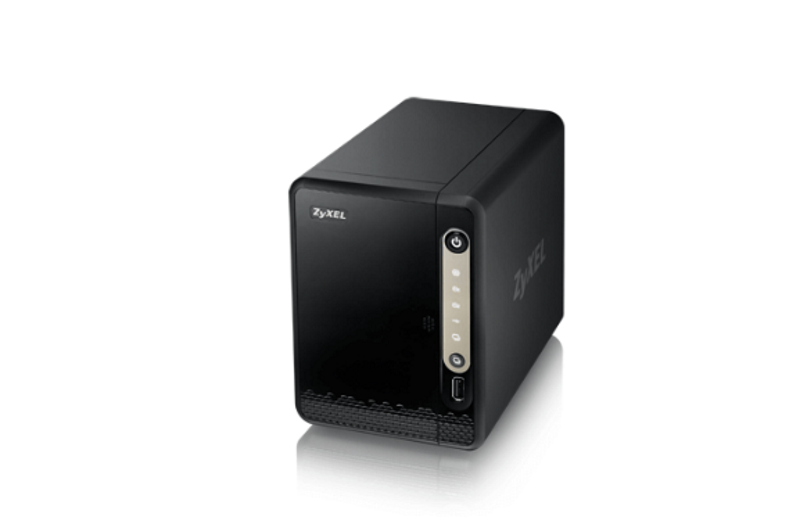Security News

Three vulnerabilities identified in QNAP Photo Station last year could be chained to achieve pre-authentication remote code execution on affected QNAP network-attached storage devices. QNAP Photo Station is a photo album application that is present on the majority of QNAP NAS systems, allowing users to easily organize photos and videos on those devices, as well as to share them with others over the Internet.

A wide variety of Zyxel and LILIN IoT devices are being conscripted into several botnets, researchers have warned. Users are advised to implement the provided firmware updates to plug the security holes exploited by the botmasters or, if they can't, to stop using the devices altogether or to put them behind network firewalls.

A new version of the infamous Mirai botnet is exploiting a recently uncovered critical vulnerability in network-attached storage devices in an attempt to remotely infect and control vulnerable machines. Called "Mukashi," the new variant of the malware employs brute-force attacks using different combinations of default credentials to log into Zyxel NAS, UTM, ATP, and VPN firewall products to take control of the devices and add them to a network of infected bots that can be used to carry out Distributed Denial of Service attacks.

A new version of the infamous Mirai botnet is exploiting a recently uncovered critical vulnerability in network-attached storage devices in an attempt to remotely infect and control vulnerable machines. Called "Mukashi," the new variant of the malware employs brute-force attacks using different combinations of default credentials to log into Zyxel NAS, UTM, ATP, and VPN firewall products to take control of the devices and add them to a network of infected bots that can be used to carry out Distributed Denial of Service attacks.

A new variant of the notorious Mirai malware has been delivered by cybercriminals to network-attached storage devices made by Zyxel through the exploitation of a recently patched vulnerability. Zyxel informed customers last month that some of its NAS devices and firewalls are affected by a critical vulnerability - tracked as CVE-2020-9054 - that can be exploited by a remote, unauthenticated attacker to execute arbitrary code on affected devices.

Another variant of the shape-shifting Mirai botnet is attacking Zyxel network-attached storage devices using a critical vulnerability that was only recently discovered, according to security researchers. The variant, dubbed Mukashi, takes advantage of a pre-authentication command injection vulnerability found in Zyxel NAS storage devices, according to researchers at Palo Alto Networks' Unit 42 global threat intelligence team.

Another variant of the shape-shifting Mirai botnet is attacking Zyxel network-attached storage devices using a critical vulnerability that was only recently discovered, according to security researchers. The variant, dubbed Mukashi, takes advantage of a pre-authentication command injection vulnerability found in Zyxel NAS storage devices, according to researchers at Palo Alto Networks' Unit 42 global threat intelligence team.

Seagate Technology, a world leader in data solutions, announced the latest in high-performance solutions for multi-user NAS environments, adding to their award-winning IronWolf SSD product line. Seagate's IronWolf 510 is an M.2 NVMe SSD with caching speeds of up to 3GBps for NVMe-compatible systems and is ideal for creative pros and business NAS needing 24×7 multi-user storage that is cache enabled.

Cobalt Iron announced the extension for its Compass enterprise SaaS backup platform that offers advanced protection for network-attached storage data. "In today's enterprises, tremendous amounts of business-critical data are held in NAS systems. The amount of stored NAS data and the urgency to protect it is constantly growing; however, NAS backup and recovery techniques haven't improved much over the years," said Greg Tevis, vice president of Global Strategy at Cobalt Iron.

Including Spanish camgirl sites spill info, domain registrars hacked Roundup Let's check out some of the more recent security happenings beyond what we've already covered.…